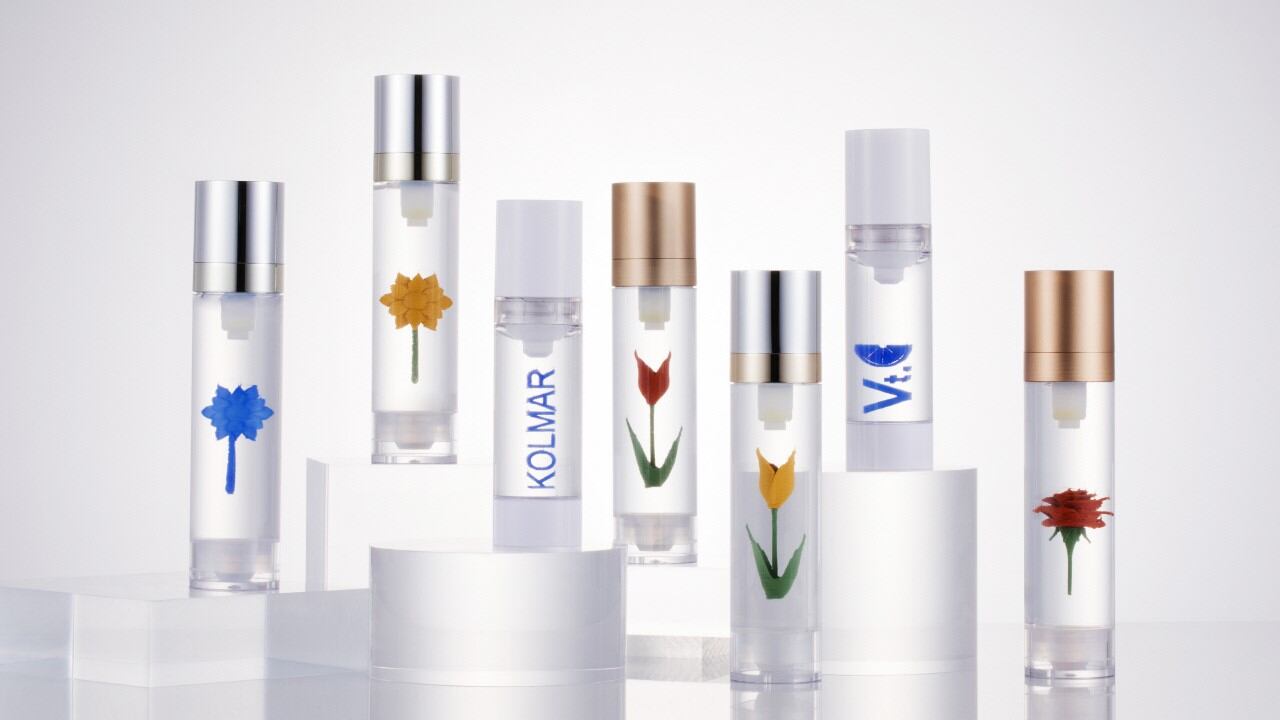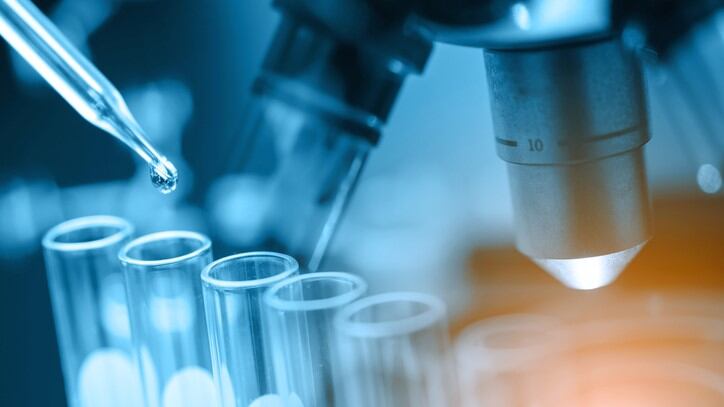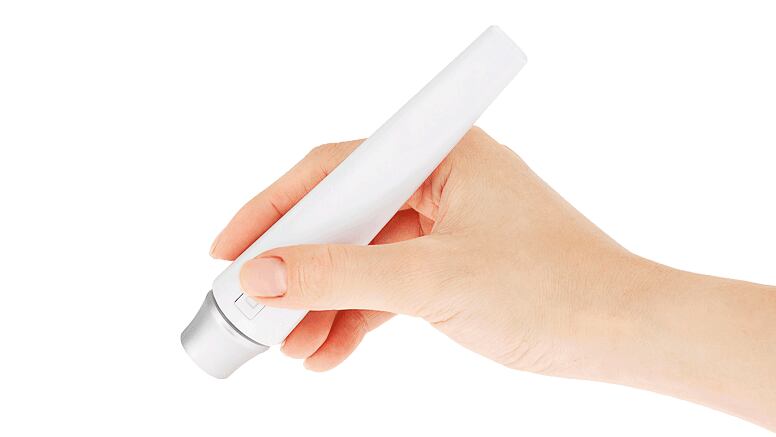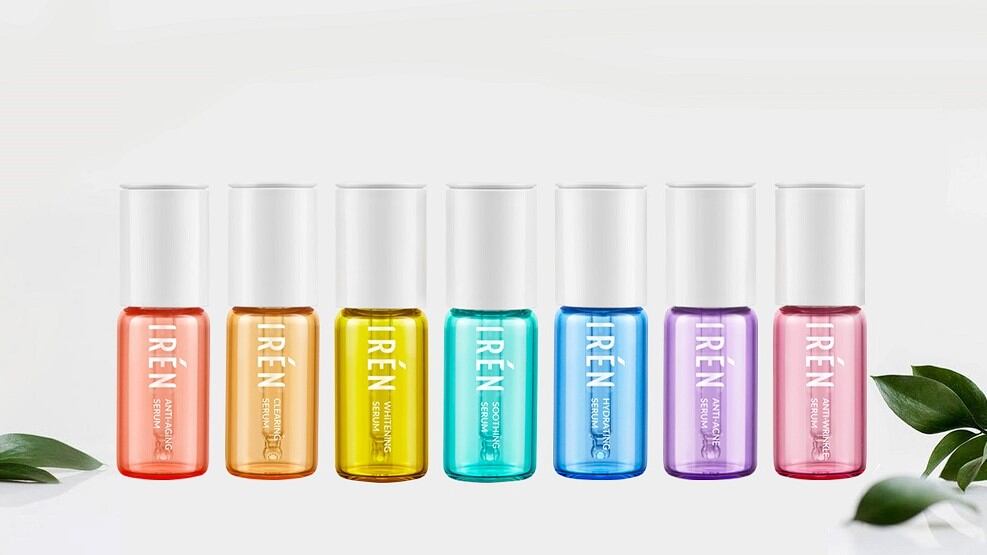The South Korean cosmetics manufacturer announced early March that it had successfully utilised 3D printing technology to create a cream that could be moulded into various shapes.
The firm developed this technology with the help of South Korean firm Samyoung Machinery, which specialises in manufacturing automotive parts.
The companies signed a strategic partnership engaged in research and development for about two years. Kolmar developed the formulation while Samyoung provided the 3D printing technology.
A new concoction
Kolmar explained that it used two formulations with differing viscosity – an essence and a cream – in order to create its new product.
With its higher viscosity, the cream is used to create the 3D designs, which are then suspended in the less viscous essence.
The cream has moisturising properties that can even out skin tone, while the essence is a concentrated formula that targets wrinkles, fine lines, as well as dull and uneven skin tone.
The cream is printed with the help of a specialised nozzle that builds each layer of product directly in the essence.
The company assured that even with two types of formulation, the end product could maintain its form and efficacy.
Kolmar added that it had “secured the stability” of the new concoction.
Potential of 3D-printed cosmetics
With the new technology, Kolmar said it was able to print various designs and shapes with different cosmetic ingredients without needing to create moulds.
This will allow the company to produce highly customised products for its customers and consumers as well.
Kolmar said will continue to improve its R&D efforts to create more products, such as make-up, with this technology.
"We will apply 3D printing technology to colour cosmetics such as lipstick and compact powder. We will continue to improve productivity and diversity with continued investment into R&D.”
3D-printed cosmetics update
Kolmar is not the only cosmetics firm that sees the potential of 3D printing.
In January, Neutrogena showcased a 3D printed sheet mask at the Consumer Electronics Showcase (CSE) at Las Vegas.
The mask is made out of biomaterials such as hyaluronic acid and can be customised to suit individual needs with the help of is skin assessment app.
Prestige cosmetics brand Chanel also utilised 3D printing technology to engineer a mascara brush that can “grip” lashes better to apply mascara more evenly and prevent product wastage.
In 2017, UK-based company LUSH cosmetics said it was investing over $17m in developing technology such as 3D printing.
Co-founder Mark Constantine said 3D printing would allow the company to respond faster to consumer trends and demands.




